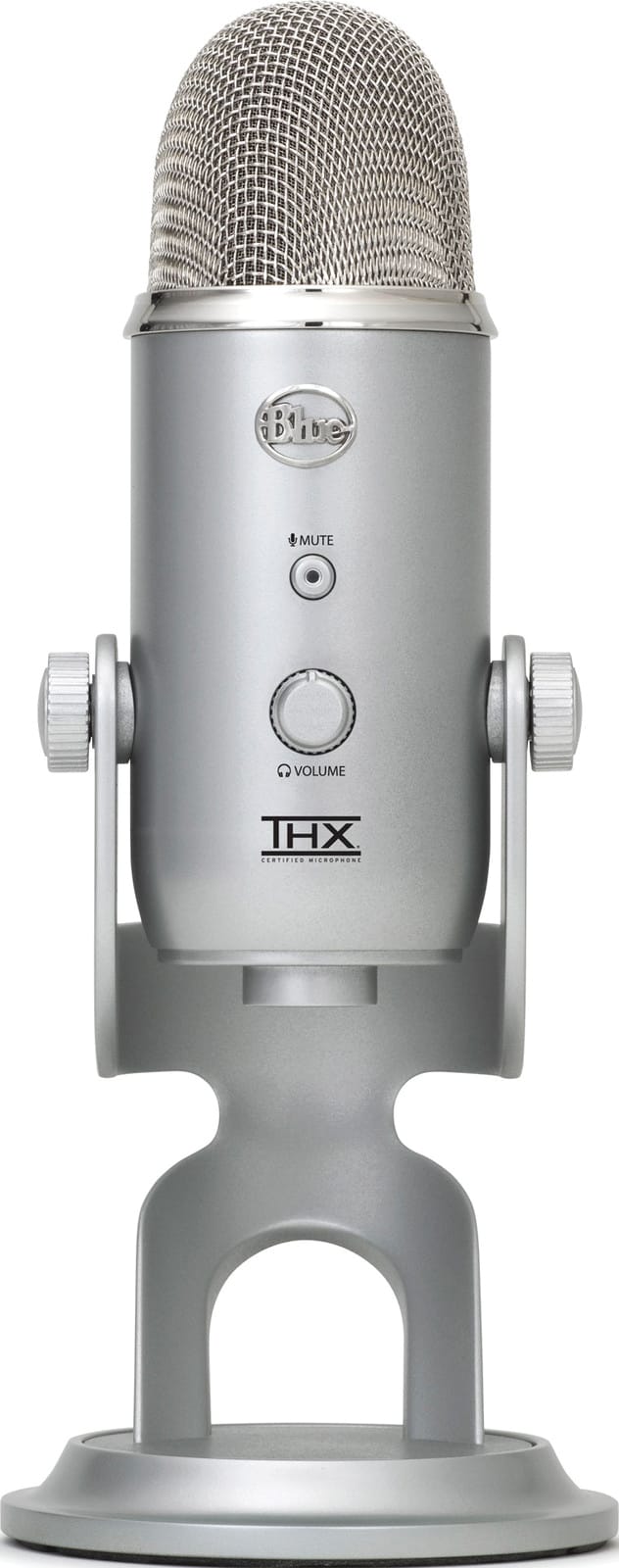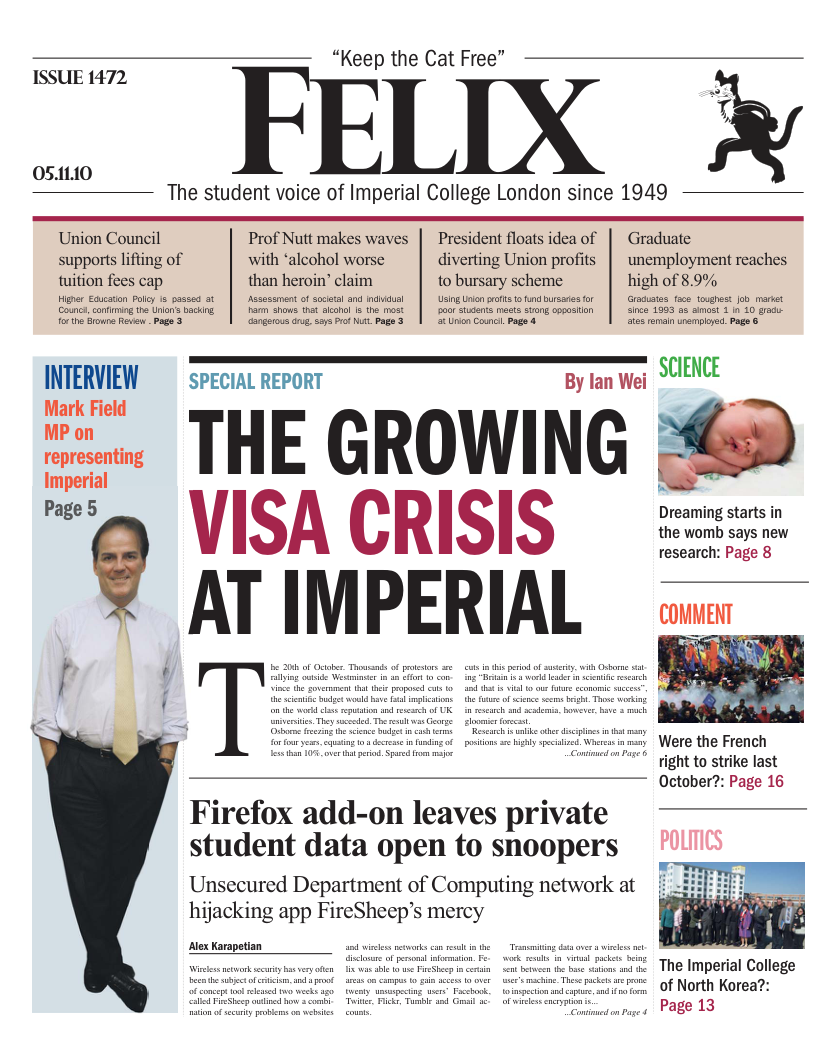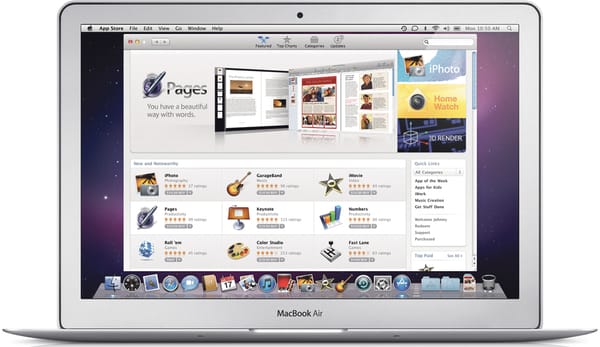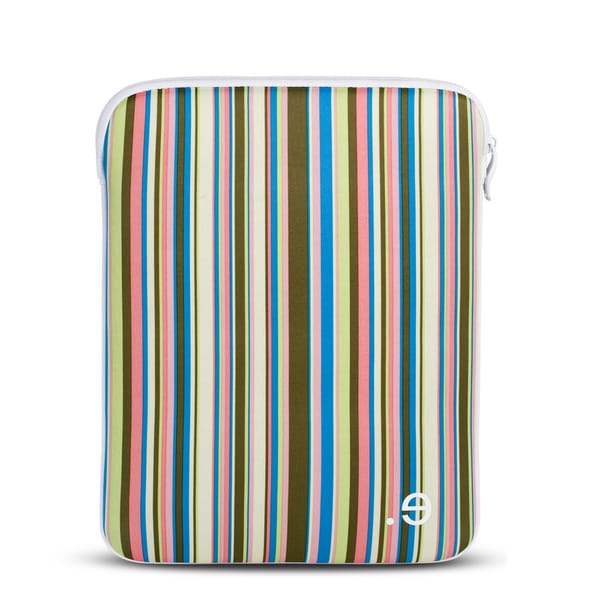Can you hear me now?
Samuel Gibbs goes hands on with the ultimate ‘radio voice’ USB microphone, the unusually named Blue Yeti

Not all microphones are born equal; some are infinitely more equal than others. That’s certainly the case with the THX certified Yeti from renowned USB microphone manufacturer Blue.
The £100 Yeti is the top of the range, all singing, all dancing USB microphone that claims to be able to do it all. Featuring not one, not two, but three condenser capsules (they’re the bits that actually pick up your dulcet tones) in a proprietary ‘Tri-Capsule Array’, the Yeti is certainly capable of dealing with almost everything you’re likely to throw at it in the audible spectrum.
In reality what that means is that the Yeti can operate in one of four separate polar patterns: stereo, bi-directional, omni-directional and cardioid (which is what you’re likely to end up using the most). Cardioid essentially focuses in on audio that’s coming from directly in front of the microphone, blocking out any audio from behind it and allowing you to get in nice and close for the ultimate ‘radio voice’ effect.
The other microphone modes allow you to capture multi-point sources in more detail, with stereo perfect for recording a band, bi-directional for one-on-one interviews and omni-directional for recording a group around a table. In fact having used all of the separate modes in the course of creating many podcasts, we can attest to the versatility of the Yeti.
The Yeti also has on-board mic gain control, which allows you to fine tune the recording input directly from the microphone, something that can be really useful if you’ve got variable sources or you’re having trouble getting the levels right. Blue have also thought to include a zero latency direct monitoring headphone port on the mic complete with it’s own amplifier and volume control. That means that if you need to listen to the recording as you’re making it you don’t have to be tethered to your computer and experience the lag that going through the computer and back might induce. In fact you can output all your computer’s sound through the Yeti’s headphone port, allowing you to sit a decent way away from your computer with only the mic close to you, reducing any potential background noise a close by computer might make.
The microphone is suspended on a tabletop stand that can be locked at any angle you need. The stand is quite hefty, supporting the relatively heavy microphone and also providing the Yeti some protection when stored by letting it fold back in on itself. If you want to use your own mic stand the Yeti has a standard threaded mic stand mount on the bottom next to the mini-USB port.
You might think that £100 for a USB mic is a lot to pay and you’d be right. You can pick up a cheap headset for around the £10 mark these days and for the majority of people, that will do them fine. However, if you’re serious about taking vocal or musical recordings directly into your computer, if you’re a podcaster or musician for instance, then you simply can’t get a better USB mic at the moment.
Of course it’s not perfect (what is?), we don’t like the wobbly plastic master volume knob, and admittedly it’s a pretty large tool to have sitting on your desk, but when it comes to sound quality, ease of use and that illusive baritone that is the ‘radio voice’ the Yeti comes second to none.









